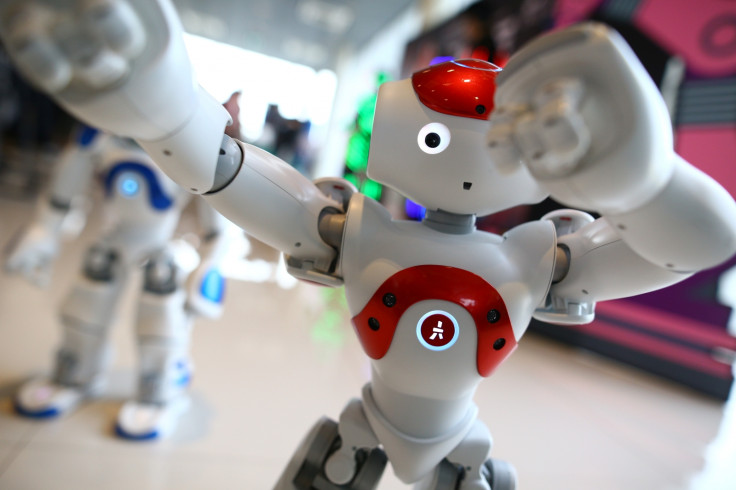Robots could affect up to 30% of existing UK jobs, PwC study finds
The analysis suggests automation will have a significant impact across all sectors in the UK.

About 30% of the total jobs in the UK could be affected by automation over the next 15 years, suggests a new study. However, artificial intelligence related technologies including robotics would help balance the situation by generating additional jobs.
The risk is not limited to the UK only. There is a high chance of automation in other countries like the US (38%) and Germany (35%). However, Japan has a relatively lower risk at 21%, according to PwC's latest UK Economic Outlook report.
The analysis suggests automation will have a significant impact across all sectors in the UK including transportation and storage wherein 56% of jobs face the risk of automation. Forty-six percent of the jobs in the manufacturing sector face automation threat and for wholesale and retail sectors the numbers are 46% and 44%, respectively. The risk is relatively lower for those working in education, health care and social work.
John Hawksworth, chief economist at PwC in a statement on 24 March said: "A key driver of our industry-level estimates is the fact that manual and routine tasks are more susceptible to automation, while social skills are relatively less automatable. That said, no industry is entirely immune from future advances in robotics and AI."
"Automating more manual and repetitive tasks will eliminate some existing jobs, but could also enable some workers to focus on higher value, more rewarding and creative work, removing the monotony from our day jobs. By boosting productivity - a key UK weakness over the past decade - and so generating wealth, advances in robotics and AI should also create additional jobs in less automatable parts of the economy as this extra wealth is spent or invested," Hawksworth added.
PwC estimates about 35% of male jobs could face potential impact of job automation, particularly those with lower level of education. For female jobs the number is 26%.
The analysis further suggests AI and robotics will not reduce total employment but they could also widen income inequality as a greater proportion of wealth will go to those having knowledge and skills.
Recently, experts from the Future Laboratory, a UK-based company that tries to predict the future, at an event at Microsoft's London office, said robots will not replace all the workers from their workplace instead they will create more jobs for creative people.
Jon Andrews, head of technology and investments at PwC said, knowledge would be a commodity in future. Creative and critical thinking would contain high value, so as emotional intelligence.
© Copyright IBTimes 2025. All rights reserved.





















